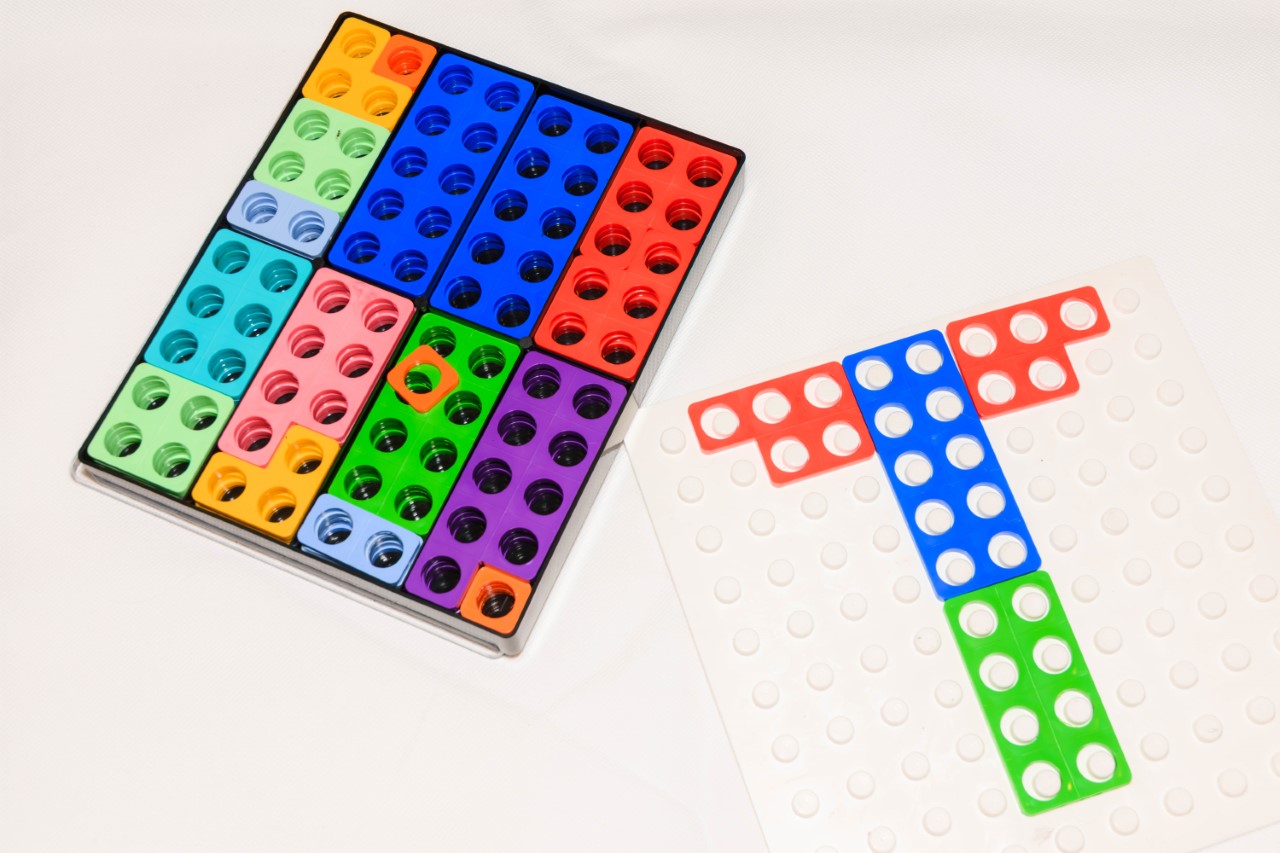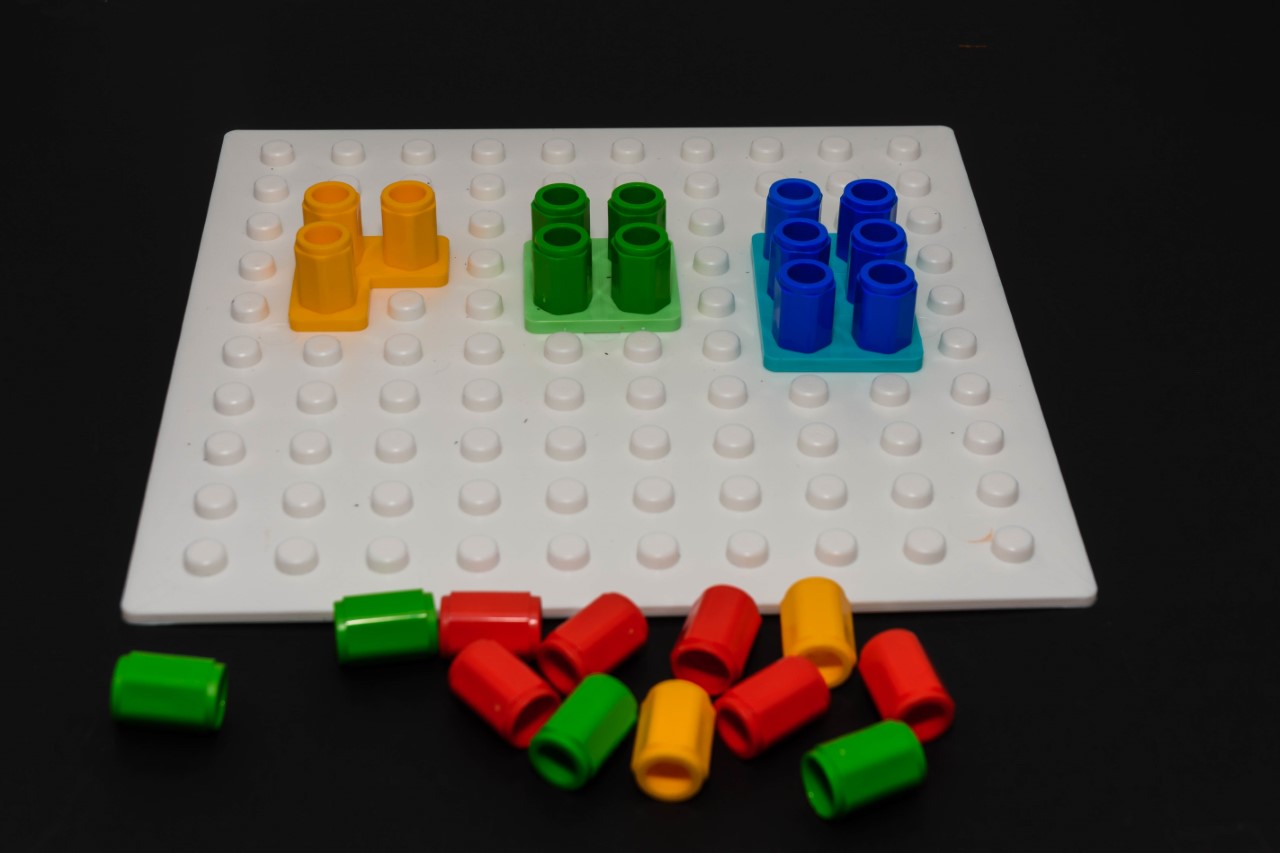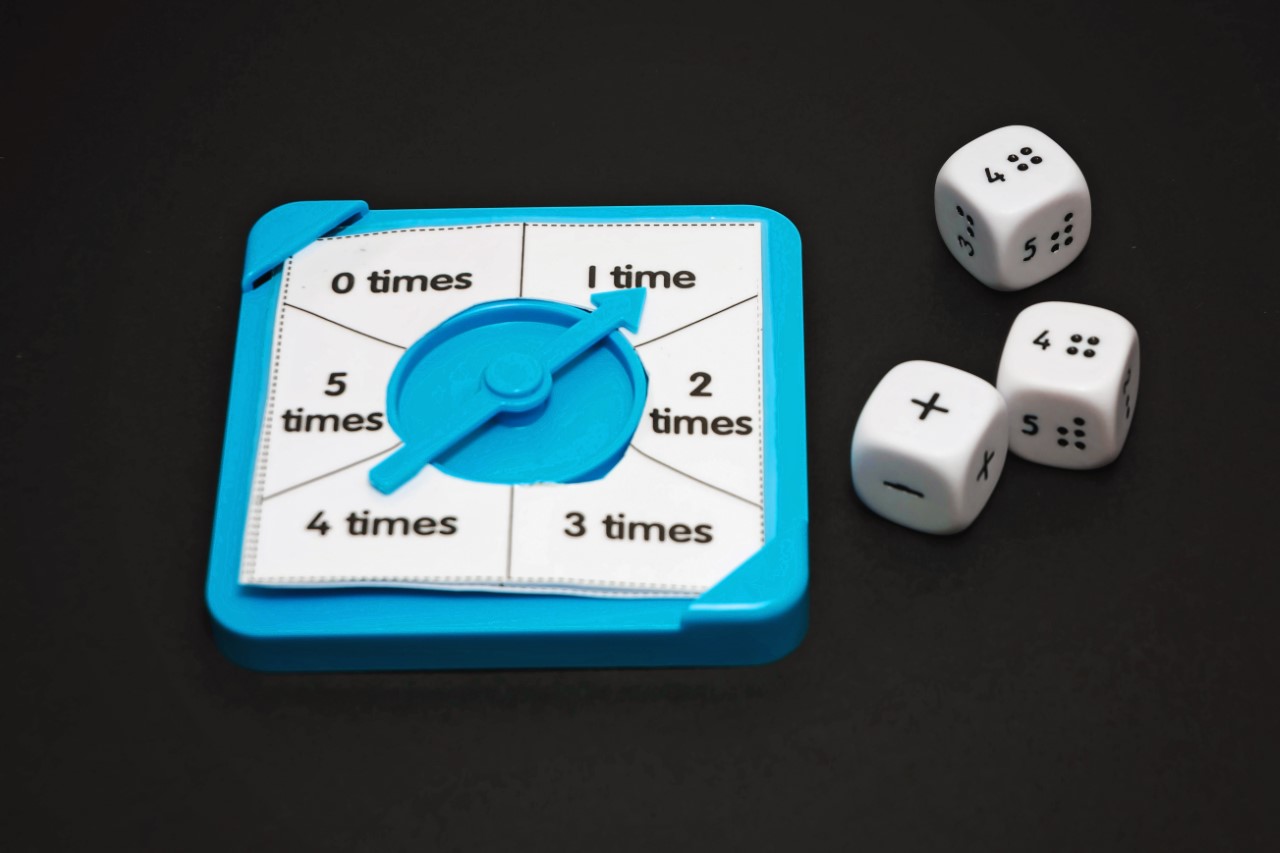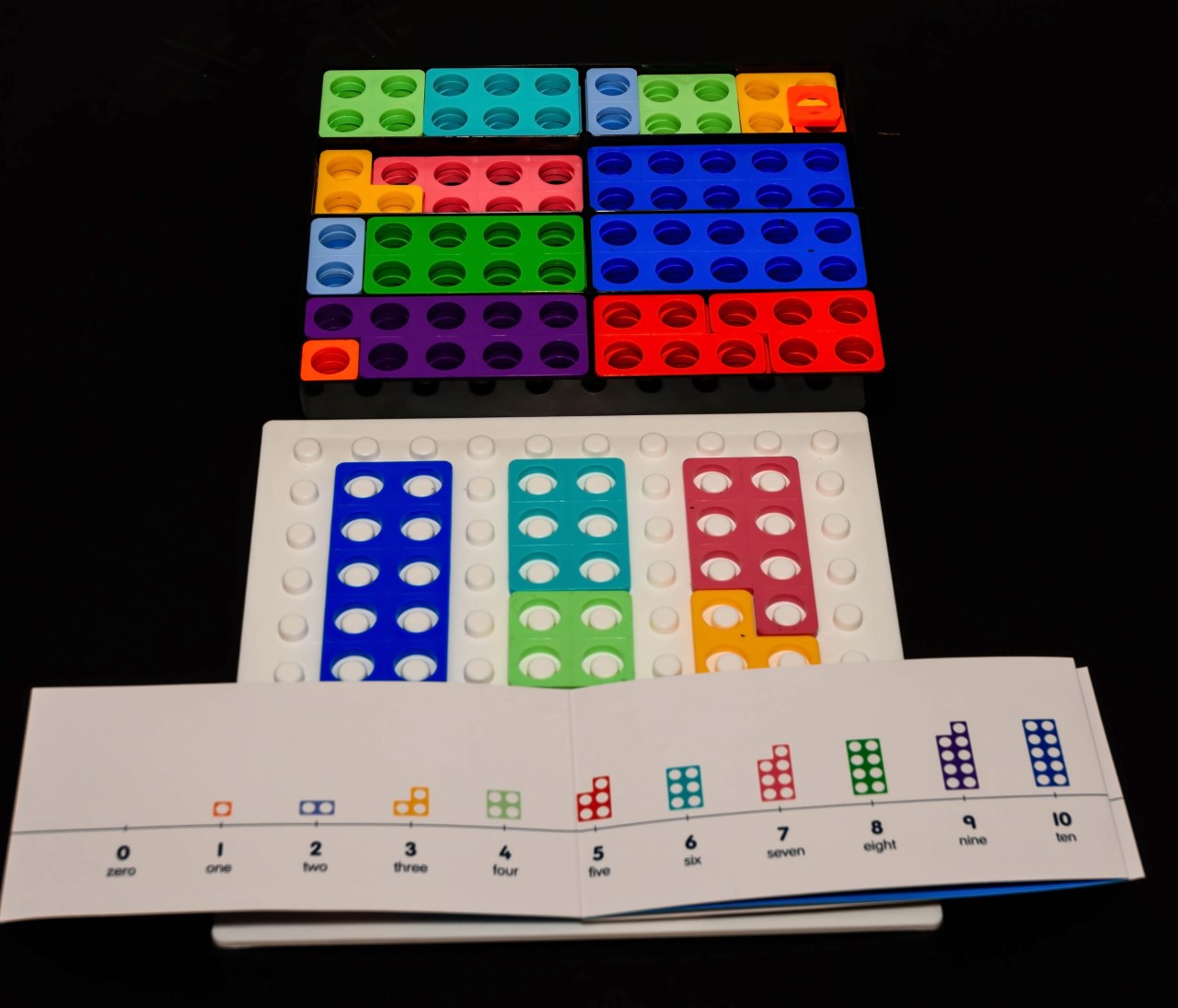Maths Curriculum Statement
At Kemball School we recognise the importance of mathematics throughout each child’s everyday and future. We intend to give each child the self-confidence and resilience to reach their full potential through a wide coverage of maths skills across the year. These skills are being taught through a range of activities depending on the pathway and pupils abilities. At Kemball we are a Numicon Advocate school and Numicon is at the heart of most lessons.
Intent – What will our pupils experience throughout their Maths curriculum?
- Our pupils will access a progressive and well sequenced curriculum which follows the CPA approach.
- Subject specific pupils will follow the Numicon scheme of work
- They will experience why Maths is important in their own lives and learn to apply these skills to real life situations.
- They will focus on the 3 areas of maths and will develop a range of Mathematical vocabulary that will help to support their communication needs.
Why do we want this?
- Our main goal is to give pupils the opportunity to develop their understanding of mathematical concepts so that they are able to live more independent lives. We want pupils to develop their confidence and vocabulary so that they can start to explain and solve problems in Maths and everyday life (including telling the time and different methods of payment). We want them to become more flexible thinkers and learn that there is more than one way to solve a problem.






Implementation
Multisensory and Engagement
Problem solving is an overarching topic that needs to be included in all areas. The expectation is that half termly planning states all the skills being taught through the sensory story and independent activities. Multisensory weekly planning states targets for each area of maths (Number, Shape and Classification and Measurement) which are progressive and worked on for the half term. Engagement weekly planning needs to state which skills are being taught during the session for each activity. Lessons will be taught at least 3 x a week and will begin with a mental maths activity; this will be through object of reference/visual timetable and exploration of number of the day/rhyme. This will then lead into the sensory story (with target based activities in both Maths and English) followed by teacher led carousel of ‘Communication and Problem Solving’ activities (incorporating Maths) that are progressive for the all pupils. These activities will include all areas of maths which must be highlighted on planning for each activity. For some classes in the Engagement department, the mental maths starter, sensory story and carousel may be completed in a different order in order to maximise the engagement of the pupils.
Independent activities should be an opportunity for the children to consolidate skills and re visit tasks to ensure engagement and skills are maintained. Pupils in the Engagement pathway, may move into the Progression pathway and it is the expectation that the skills learnt within this pathway lay the foundations for future learning. Independence is at the core of the Engagement pathway and this is encouraged in our maths activities through the use of TEACCH tasks, number recognition, counting, shape sorters, posting activities and simple matching activities etc. Evidence is collected through photo’s with a teacher comment that are the linked to the tags (Number, Shape and classification and Measure) on the Evidence for learning APP.
Progression
The expectation in the progression department is that Maths is taught 4 days a week following the Numicon scheme of work. Lessons and planning should reflect the pupil’s ability and next steps. Lessons will start with a mental warm up to embed and recap key skills. Numicon and concrete recourses are used to support the pupils learning through the CPA approach in most lessons where appropriate. All staff will use the consistent vocabulary linked to the scheme. Pupils work is evidenced in Maths books with both written and photographic evidence or on Evidence for Learning. All work is marked explaining what the pupil has achieved that lesson. Pupils are assessed using Numicon milestones.
Functional
The expectation in the Functional department is that maths is taught 3 times a week following the Numicon scheme of work (subject specific pupils). Pupils will learn both practical and formal written methods and have additional time to embed maths skills during life skills sessions and ASDAN. Weekly planning will ensure activities are accurately matched to the pupil’s abilities. Numicon is used to either support pupils learning or to further deepen their mathematical reasoning. Staff use consistent mathematical terminology linked to the scheme. Pupils work is evidenced either on Evidence for Learning or in books through written work and photographs. All work is marked explaining what the pupil has achieved that lesson. Pupils in the pathway are assessed on Numicon milestones. Our more able pupils follow the Edexcel Entry level Functional Maths and work towards an Entry Level Functional skills pass in Mathematics ranging from Entry level 1 to Level 1.
Impact
Pupils will:
Have a good understanding of basic Number, Calculations, Money and Time so that they can build their long term memory and use these skills in real life situations whilst transitioning from EYFS through Primary, Secondary and beyond Kemball’s environment in order for them to live more independent lives. They will be able to reason, explain and solve real-life problems – We want our pupils to be able to build their resilience and ability to try different methods in readiness for life after school.